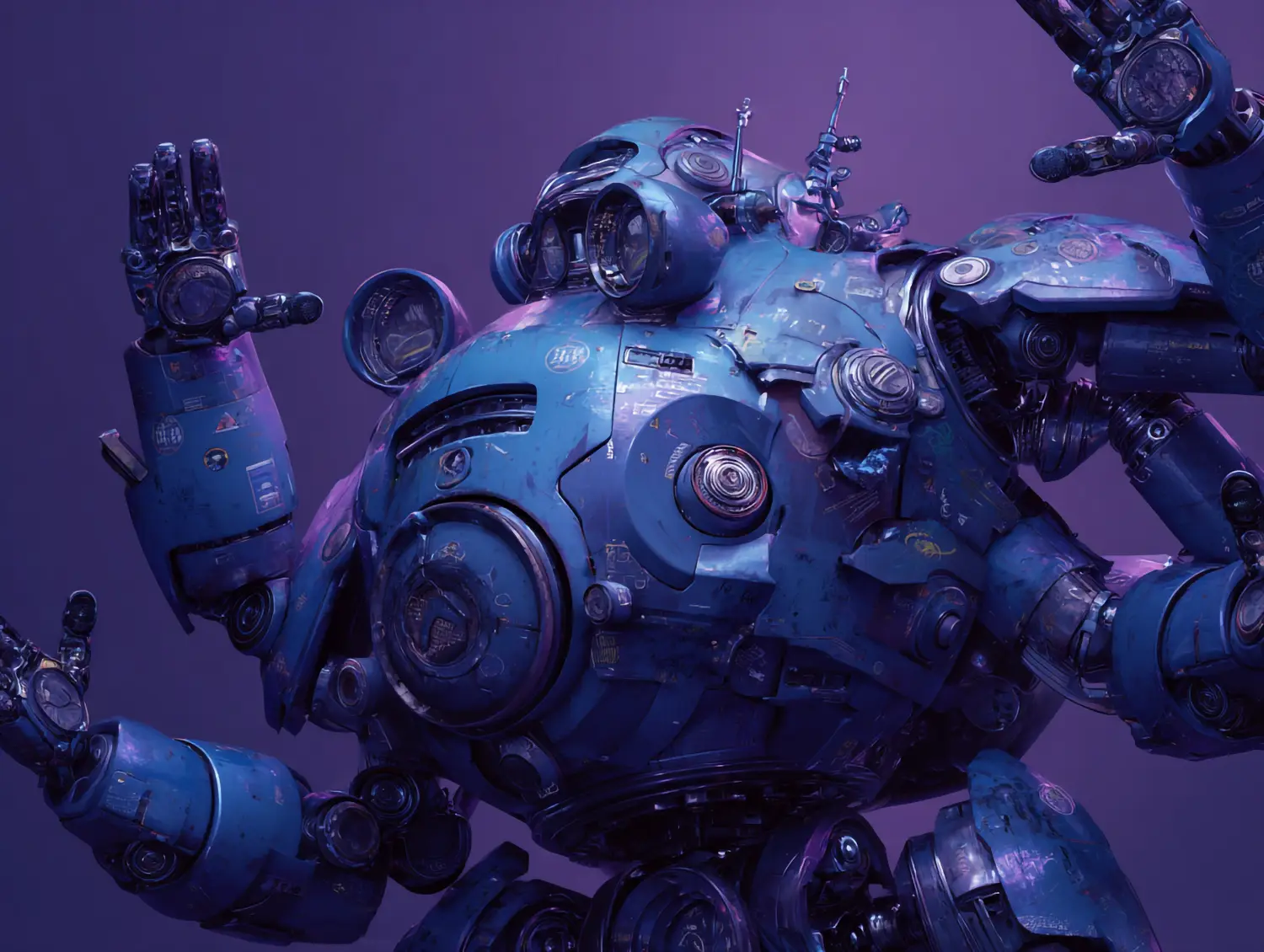What is artificial intelligence?

What exactly is artificial intelligence?
The meaning of the term “artificial intelligence” refers to systems or machines that have human-like abilities, such as learning, understanding, perception, action, and problem solving. This technology has the potential to not only imitate human capabilities, but in some cases even surpass them. We are therefore talking about a machine that is trained to think and act like a human being.
How does artificial intelligence work?
AI works on the basis of algorithms and extensive data sets. With machine learning (ML) methods, AI software can recognize patterns in data and learn from them. Through continued learning and adapting, AI can deliver ever better results.
Why is artificial intelligence important?
Artificial intelligence has the potential to change almost all aspects of our lives. From personalized recommendations on streaming platforms, to autonomous vehicles and early diagnosis of diseases — the areas of application of AI are broad and varied.
AI using ChatGPT as an example
ChatGPT was developed by OpenAI with the specific goal of generating human-like conversations. It is an (AI) model that is based on machine learning, more specifically on a technique called a “transformer” architecture.
ChatGPT's learning process consists of two phases:
- Advance training: During this phase, the model learns to recognize patterns in data. ChatGPT is trained on a large corpus of Internet text. It doesn't attempt to explicitly “remember” or “learn” the content of a particular document, but rather it learns to recognize statistical patterns in the data. For example, if the model has often seen the word “rain” after the word “clouds,” it could learn that these words often occur together.
- fine-tuning: With ChatGPT, fine-tuning involves training with human “evaluators” who interact with and evaluate the model. These assessments help improve the model and make it better suited to its task. When generating responses, ChatGPT uses what it learned during training to respond to a user's input. It analyses the input, thinks about possible answers, and chooses the answer that it thinks is most likely based on its training.
The importance of artificial intelligence for companies
Artificial intelligence is playing an increasingly important role in the data-driven business world. But why is AI so important for companies?
A key reason is AI's ability to increase efficiency and productivity. AI systems can automate time-consuming and repetitive tasks, giving employees more time for creative and strategic work. This can range from simple processes such as scheduling to more complex tasks such as data analysis and reporting.
Another benefit of AI in a business context is improved decision-making. AI and machine learning are able to analyze enormous amounts of data and identify patterns and trends from them. This can help companies make more informed, data-driven decisions and effectively optimize their business strategies.
AI can also help cut costs. By automating tasks, improving efficiency, and reducing errors, companies can significantly reduce their operating costs.
Conclusion
In summary, artificial intelligence has the potential to transform almost every aspect of a business and offers a wealth of opportunities for improvement and innovation. In a world that is increasingly driven by technology and data, the importance of artificial intelligence for companies will only continue to grow. In the age of digitalization, it is essential to understand the basic concepts of artificial intelligence. With its enormous potential to automate and improve numerous processes, AI has the power to shape our future sustainably.
Bereit bessere Ergebnisse mit ChatGPT & Co. zu erzielen? Jetzt Prompting-Guide herunterladen und Qualität der KI-Ergebnisse steigern.
More articles from our AI blog
Discover more insights into the fascinating world of artificial intelligence.



